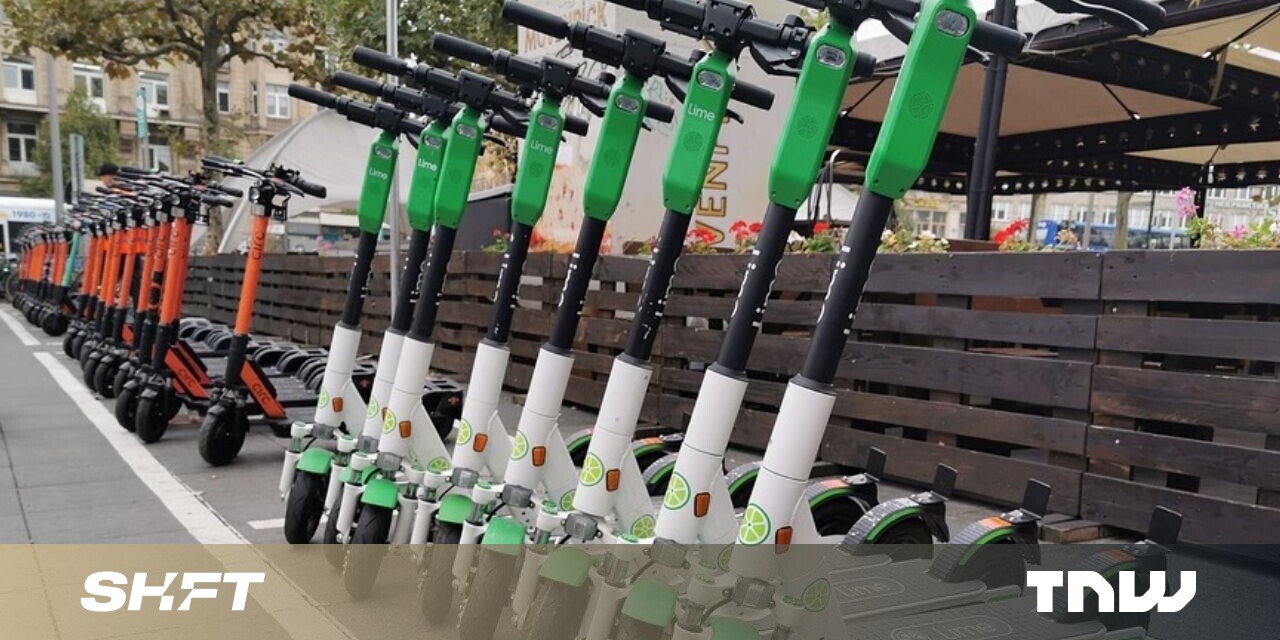#Don’t hide behind ‘best practices’ for business success — experiment!

Table of Contents
“#Don’t hide behind ‘best practices’ for business success — experiment!”
It’s made me begin to wonder, is best practice actually a great strategic tool? Or is it simply a safe excuse to hide behind when there is a lack of drive to innovate?
Relying on best practices does not guarantee success. As we saw in 2020, what used to be best practice in 2019 was pretty irrelevant. And this year is another new story yet again when it comes to customer behavior.
I’m not saying that best practice is no longer relevant — there’s still a right way to do things and a good way to do things — it’s simply a case that there are now more ways to do things.
In my experience though, businesses often view ‘best practice’ as a tried and tested way of operating with the view ‘this is how we do things so this is how we will always do them.’ But I believe what we need now is a culture of innovation and experimentation — we need to focus on the future, not look back to the past.
So why are experimentation and innovation important? I’m going to state the obvious here… the world has changed, in many ways. And we can expect it to keep on changing.
It’s changed not only the way consumers think, but businesses too. Therefore to not only survive, but to grow in a saturated market full of newly emerging companies and creative, driven startups, they need to lose the safety net of best practice.
In essence, to come up with something new and innovative, and to cater to changing customer behavior, you sometimes need to forget what you already know.
Businesses should encourage ‘freedom to fail’
Take British Gas — a company that wouldn’t perhaps come to mind when thinking about innovation — for example. They managed to change this perception internally. They allowed for failures.
British Gas selected a special team dedicated to developing a new piece of innovative heating tech. The group was completely detached from the British Gas ‘mothership’ — they were given freedom. A setup of this kind, especially in long-established companies, is still a rare gem to find, rather than common practice.
This team embraced a ‘freedom to fail’ approach — initially developing an app for the remote control of heating and hot water. They went on to innovate further and created a multi-product app allowing the control of lighting and appliances too.
It’s pretty impressive, especially because you’ll most likely know its name: Hive, the thermostat kit. But what’s the moral of this example?

When I asked around how it worked out, Americo Lenza, Portfolio Director at British Gas (which includes Hive) said: “One of the things about design and development is not to be frightened to learn and decide a different direction, even when it works. It’s about not settling for a solution, it’s about pushing to find the best solution for the customer.”
I really like that attitude as it shows how important it is for businesses to allow freedom to experiment without boundaries. Otherwise, you’ll just keep doing what you were doing before… just a little bit differently.
I’m a true believer that to empower teams you need to give them control over when, where, and how they work. You cannot dictate a specific time of day when they need to ‘get creative’.
So if large perceived monolith corporations like British Gas can flex, surely everyone can. It’s more about mindset than budget. There needs to be a clear understanding that ‘freedom to fail’ is an acceptable part of the development process. It’s about building a relationship of trust which will encourage motivation and boost creativity.
That’s certainly a principle that I have adopted at Freestyle. People will only come up with amazing things if they feel psychologically safe to do so.
There is no right or wrong way to experiment
Experimentation in its truest form needs to be agnostic of technology and practice. It should simply be down to the experimental team to find out what is going to work for them.
For this year and beyond, when thinking about and developing new products and services, remember, your proposition development needs to be fluid. If we have learned anything from last year it’s that we can adapt at speed.
Work out the most effective way to experiment to suit your own company culture. Whether that’s setting up a new internal department, or setting aside a percentage of time each month, or allocating budget towards a secret project.
Instead of a silver bullet, big bang, or other neat clichés, why not set yourself a ‘Minimal Learning Level’ — what’s the minimum amount of experimentation you can do to learn something new about a particular problem?
Once you have proven or disproven a hunch, then ask yourself, what might the next stage of experimentation achieve? This way you don’t need to set a big budget ‘experimentation’ line in your P&L, you can treat it more iteratively until it becomes part of your process.
Don’t get wedded to one idea, try out multiple propositions and be honest with what works and what doesn’t. Always be transparent. If you’re manipulating results to suit an idea that has been developed internally, then ask yourself why? Don’t be narrow-minded in your approach, identify what is going to work for your business, and make sure objectives remain relevant for your wider audience.
Let’s not forget, best practice is still relevant when it comes to proposition development. But it’s about digging a bit deeper into analyzing customer research and segmentation. It’s not just simply a case of finding out what your customers need and want anymore — it’s about finding out what they want and don’t necessarily need, and what they need and don’t necessarily want.
Create a curious culture
Transitioning to a culture like this doesn’t happen overnight. I encourage teams to engage in curious thinking by introducing a ‘how might we’ approach to the problem-solving process.
This framework works by reframing a challenge around key outcomes that are vital to success, as opposed to focusing on the problem at hand — helping to generate ideas and spark further conversations to discover potential solutions.
I believe the failures on the journey to innovation are as important as the successes. Introducing fail walls can help people talk about failure without discrediting their hard work, experimenting, or expertise — allowing people to try things they wouldn’t normally try, with a purpose of learning.
Personally, I find including a ‘did we try anything new?’ style of question in project retros is a good way to surface curious thinking and experiments. Previously our post-project wash-ups were typically a blame fest of how the client had not helped us deliver a particular project well. Now we’ve turned that on its head.

Not only do we do 360 retros that include the client, but we’ve also developed a part of the process which is open, honest, and transparent — identifying flaws and celebrating successes, starting with the acknowledgment that nothing goes perfectly.
I’ve also encouraged a more transparent personal freedom to fail culture. We had one employee who on the surface seemed to be a solid fit for the company, but after a few months, we realized he had overstated his capability and was struggling to keep up with the team.
We agreed to scale back his role and mapped out a path to achieve his original status — then communicated this to the whole business. When he made the grade just a few months later, everyone celebrated and we all felt we’d won.
Why we should measure by ideas rather than results
It’s been great to see more businesses invest in what is often described as ‘worthwhile projects’ and there’s no denying, these are certainly beneficial for the business portfolio. ‘Tech for good’ is a great example of this — using technology to improve social challenges.
There’s even the added bonus of the feel-good factor for all those involved, and all who benefit from it! But from a business perspective, it’s not as easy as it sounds — choosing to invest in the customer experience rather than the shareholder return.
In the long run though, the benefits become more apparent — think better brand perception, a more humane place of work, a supporter of the community/cause, the list goes on. All ultimately helping customer acquisition and retention.
Of course, it’s natural for every business leader to focus on business results first. I know how easy it is to fall into this trap, so here’s the process I follow.
The first step is to identify what the desired outcomes for your company are, then workshop possible solutions, followed by narrowing the field until the number of choices feels right for your scale of business.
Then it’s a case of ideating, prioritizing, and following the best ideas through to the experimentation stage. And my biggest tip, always measure against outcomes.
The road ahead
I think we’d all agree it’s been a scary, tough year for many businesses. With this in mind, It will require certain courage to go beyond ‘best practice’ and invest resources into experimentation.
However, let’s not forget our customers are not the same they used to be. We can’t expect them to want the same things. I’ve no doubt there will be industry leaders with strong market positions who won’t need to adapt or change their products or solutions.
But I believe that in many cases, especially when it comes to smaller players, it will be innovation that will set winners apart from those just plowing through.
Published April 1, 2021 — 10:22 UTC
If you liked the article, do not forget to share it with your friends. Follow us on Google News too, click on the star and choose us from your favorites.
For forums sites go to Forum.BuradaBiliyorum.Com
If you want to read more like this article, you can visit our Technology category.




